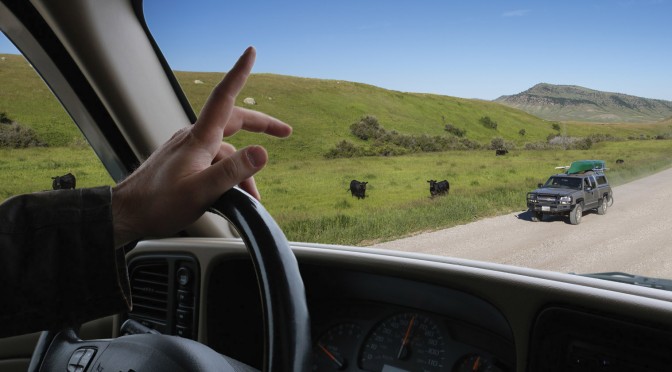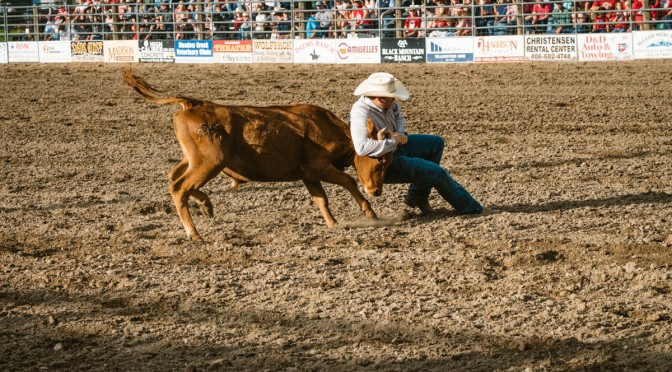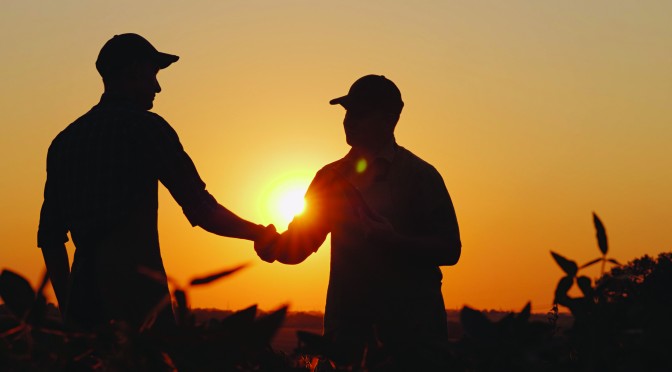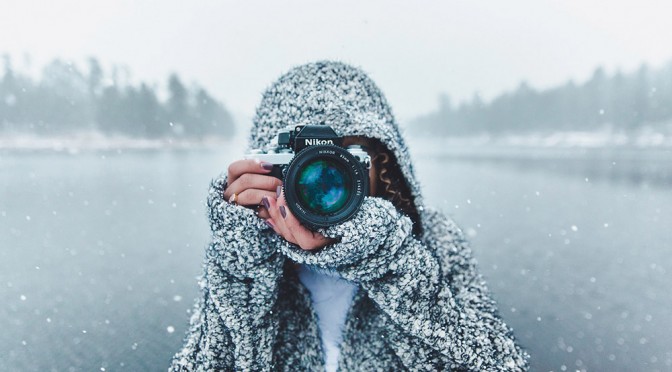by Eli Fournier
Unlike other customs and etiquette around Montana, driving dirt roads is somewhat subjective and situationally-dependent. There are times when it’s okay to rally a dirt road like a redneck racecar driver, and times when it isn’t. Use the following as a guide to assess the situation and determine the proper dirt-road behavior.
Waving
Acceptable: Practice a one- or two-finger wave, and flash it over the steering wheel at other drivers who are also observing proper dirt-road etiquette.
Unacceptable: Not waving back at another driver, or flipping someone off for some minor infraction. Like the rest, use your judgement—appropriate etiquette can change depending on the situation.
Speed
Acceptable: What the hell else are dirt roads for? Letting ‘er rip on a straightaway comes naturally, so long as there’s a clear line of sight and no houses on either side.
Unacceptable: Forcing other cars off the road, cutting blind corners, and in general being oblivious or indifferent to the effect on others.
Mud
Acceptable: It’s pretty damn fun to slide around a bit on muddy roads—especially at the end of a spring or fall day when things have melted out and it’s a necessary evil to getting home.
Unacceptable: Intentionally ripping up wet, muddy roads, gouging out tracks and leaving ruts just for the sport of it.
Dust
Acceptable: If it’s hot and dry, you’re gonna dust people—no two ways about it. But use discretion and slow down, especially when passing houses, pedestrians, and bikers.
Unacceptable: Flying past bikers or hikers, leaving them blinded and choking on mouthfuls of tangy dust.
Hunting
Acceptable: Scouting for game from the road is a great, effective tactic, but don’t stop in the middle of the road to glass. Pull off to the side so other vehicles can get past.
Unacceptable: Shooting animals from the car or on the road. Step completely out of the road easement (generally, 30 feet from the centerline) before even thinking about loading the gun.
Roadies
Acceptable: Cracking a cold one when you turn off the highway or are heading home from hunting camp. Keep ’er in check, in control, and out of the ditch.
Unacceptable: Slamming a six-pack, tossing the cans out the window, and endangering other road users.




